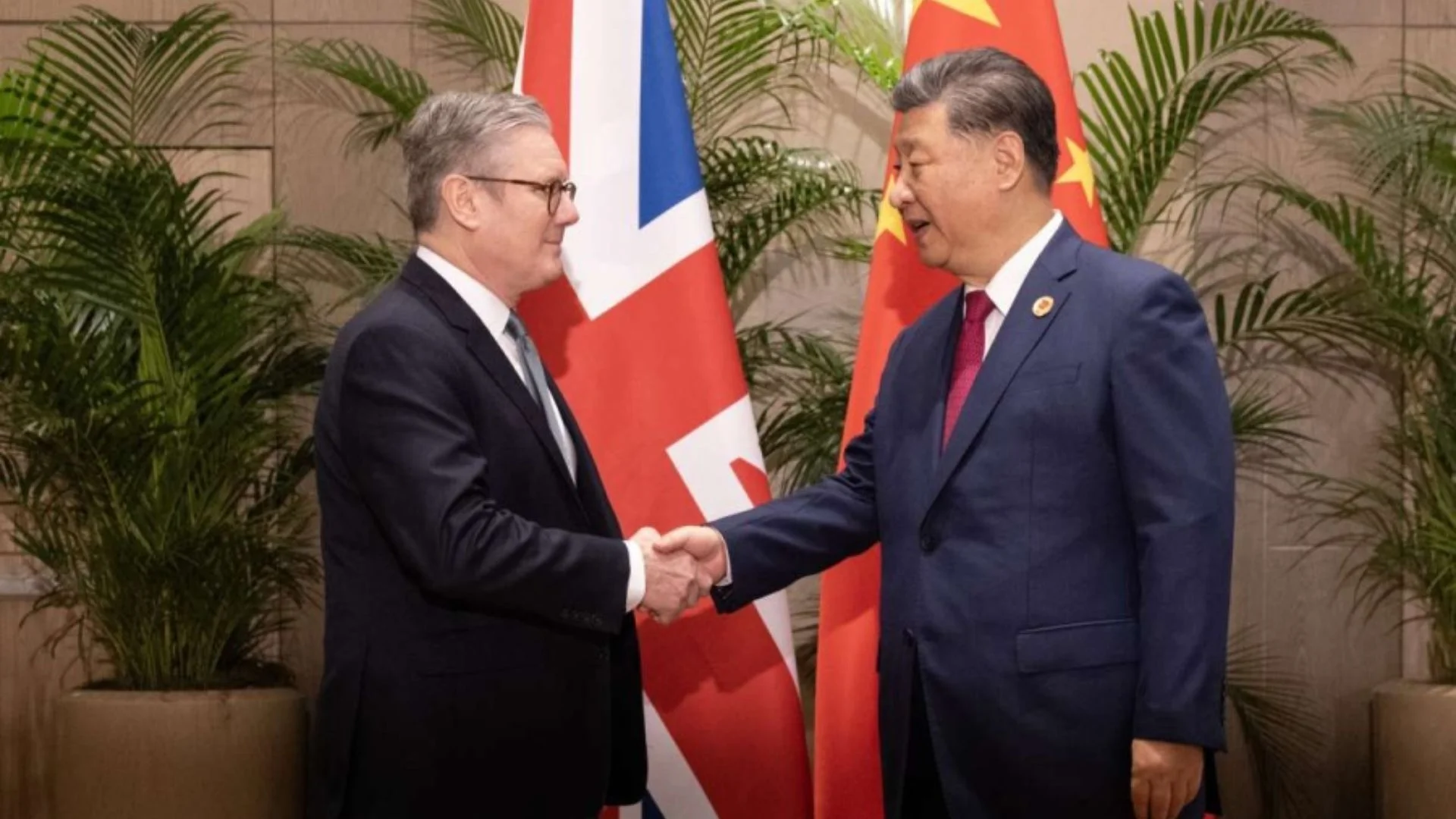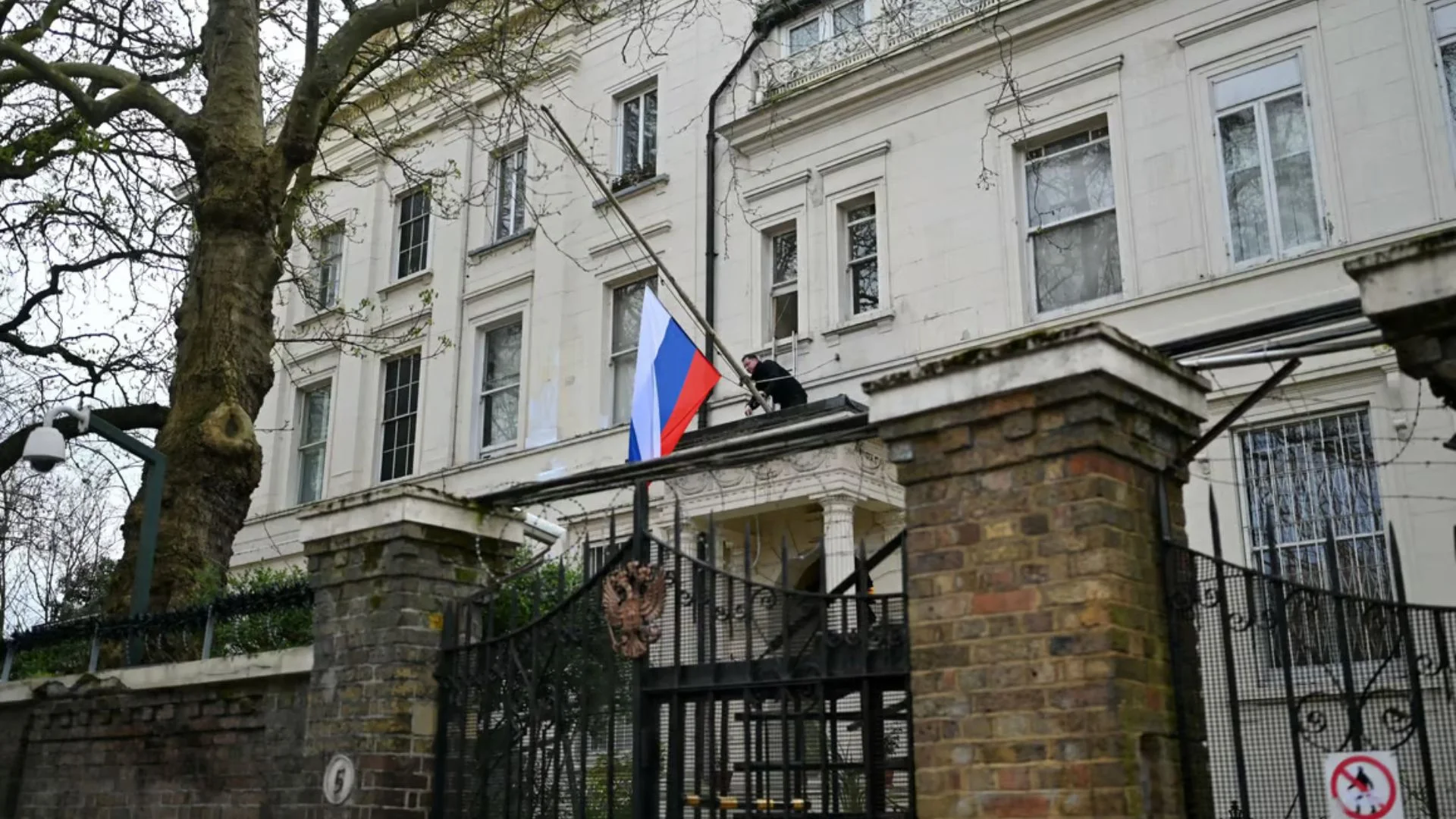UK government has pushed back a review of its relations with China until spring 2024, amid continuing controversy over a Chinese businessman connected to Prince Andrew and rising security concerns. Originally set to coincide with Chancellor Rachel Reeves’s visit to Beijing in early January, the review will now be published in limited form, with key recommendations expected to focus on strengthening the UK’s capabilities in managing relations with China.
Reeves’ visit will be part of a charm offensive by the Labour government, which seems to focus on financial services. However, the visit has raised alarms among critics of China, especially after the exclusion of Yang Tengbo, a businessman linked to the Duke of York’s Pitch@Palace project in China. Security officials have stated that Yang is associated with an arm of the Chinese state, leading to scrutiny. On Monday, Yang filed a court request to challenge allegations against him, denying any involvement in espionage.
But above all these tensions, this calls for a growing pressure against Britain’s government to classify China as a national security concern a classification that would set China into the “enhanced” tier of a brand new foreign influence registration. This will require individuals representing foreign governments to declare or take the risk of prosecution on accusations of unregistered foreign official representative. Although MI5 and the Home Office have argued for China’s inclusion, banks and financial firms have raised concerns about the economic impact of such a designation.
It can be perceived as a win for the Treasury, which had been rather cautious about any acts that would jeopardize the economic relationship with China. Some officials are of the view that this is a call for a balanced approach-the acknowledgment of China’s influence on the economic front and taking the security risk into consideration. With the government still weighing the pros and cons, Labour’s leadership hasn’t finalized its decision about how to handle China’s designation in the foreign influence scheme.
China’s embassy in London criticized MPs for what it called a “twisted mentality” and accused them of trying to undermine UK-China relations.





















